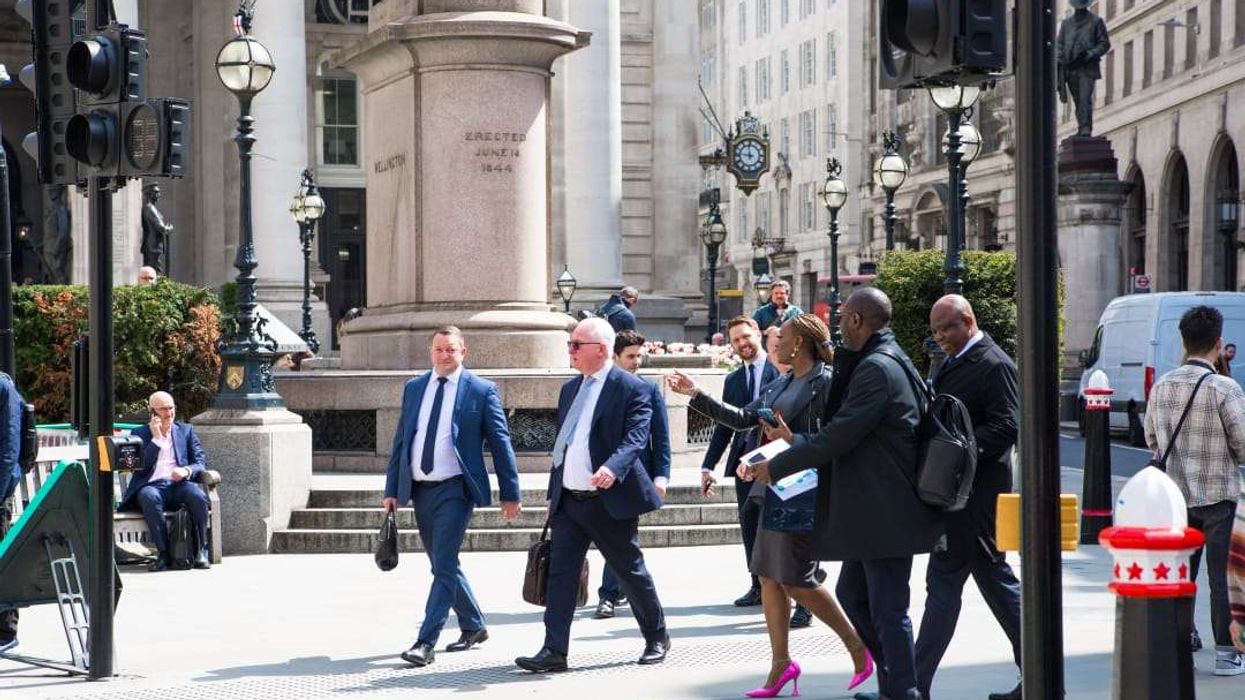Highlights
- Pay rises staying at 3 per cent for next year, half what workers got in 2023.
- Only 23 per cent of firms planning bigger pay packets, while 32 per cent may cut awards.
- Workers' wages falling behind as 3 per cent rise fails to match 3.8 per cent inflation.
British workers face another year of frozen pay rises as bosses plan to keep wage increases stuck at 3 per cent through 2026, new figures show.
Research from HR firm Brightmine reveals that 213 companies employing over 600,000 people expect pay awards to stay flat at 3 per cent for the next 12 months.
This is a big change from recent years. Back in 2023, workers were getting 6 per cent pay rises as companies tried to match rocketing prices. Inflation had hit 11per cent in October 2022 after Russia invaded Ukraine.
Those bumpers pay packets are now history. Even though prices rose by 3.8 per cent in September, most workers will see their wages fail to keep up. Only 23 per cent of bosses plan bigger pay rises, while 45 per cent will keep them the same and 32 per cent may actually cut them.
Sheila Attwood, Brightmine senior content manager said: "After two years of record-breaking pay awards driven by inflation, 2025 has seen a clear reset. Employers are now operating in a more balanced environment, where affordability and performance are shaping pay budgets far more than headline inflation figures."
Firms cut costs
Finance minister Rachel Reeves announced higher National Insurance taxes for employers in the 2024 Budget, which means businesses have bigger bills to pay.
Brightmine looked at 34 pay deals given out between July and September 2025, covering nearly 54,000 UK workers. The research shows most pay rises will be between 2.5 per cent and 3.5 per cent. Around 37 per cent of companies plan to give exactly 3 per cent, making it the most common amount. The good news is that pay freezes remain rare, affecting just 4 per cent of workers.
Attwood warned: "The next year will test organisations' ability to remain competitive while managing tight budgets. We're seeing a growing focus on benefits, recognition and skills-based pay as employers look for new ways to attract and retain talent."
Instead of bigger pay rises, many firms are looking at other ways to reward staff, such as better benefits packages, bonuses for good work, or paying more for specific skills. For British workers, it means wages won't keep up with rising living costs for at least another year.





